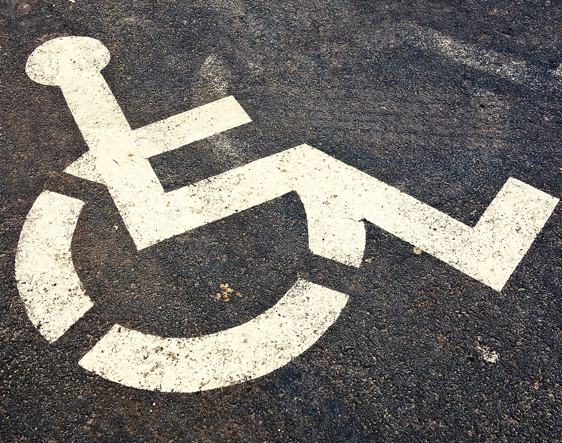New analysis published by the TUC shows that disabled workers now earn a fifth (20%) less than non-disabled workers. The analysis found that the pay gap for disabled workers has widened to £3,800 per year – an increase of £800 over the last year for someone working a 35 hour week. Not only are disabled people paid less, they are also less likely to be in employment than their non-disabled peers. Many disabled people who want to work face a range of barriers to accessing employment, from a lack of transport to get to work or inadequate equipment or adjustments made once they are there. Only around half (53.7%) of disabled people are in work, compared to more than four-fifths (82%) of non-disabled people – a gap of 28 percentage points. The TUC also warns the disability pay and employment gaps will almost certainly increase again as the economic impact of Covid-19 hits. Studies show that in previous recessions disabled workers are the first to lose their jobs, and the last to be re-employed.
This provides summary information and comment on the subject areas covered. Where employment tribunal and appellate court cases are reported, the information does not set out all of the facts, the legal arguments presented and the judgments made in every aspect of the case. Employment law is subject to constant change either by statute or by interpretation by the courts. While every care has been taken in compiling this information, we cannot be held responsible for any errors or omissions. Specialist legal advice must be taken on any legal issues that may arise before embarking upon any formal course of action.









